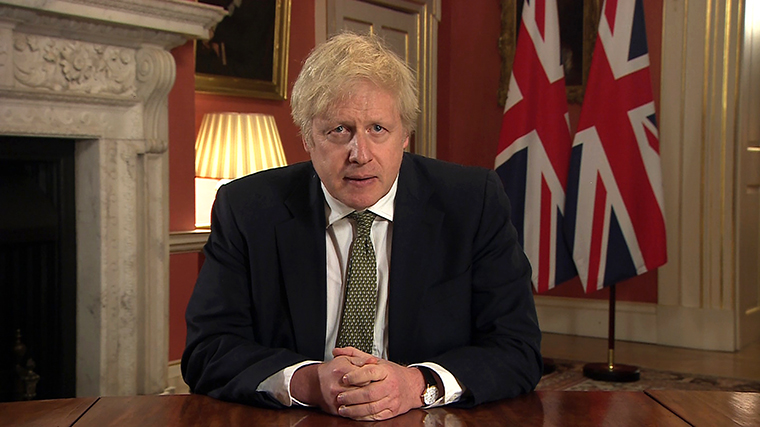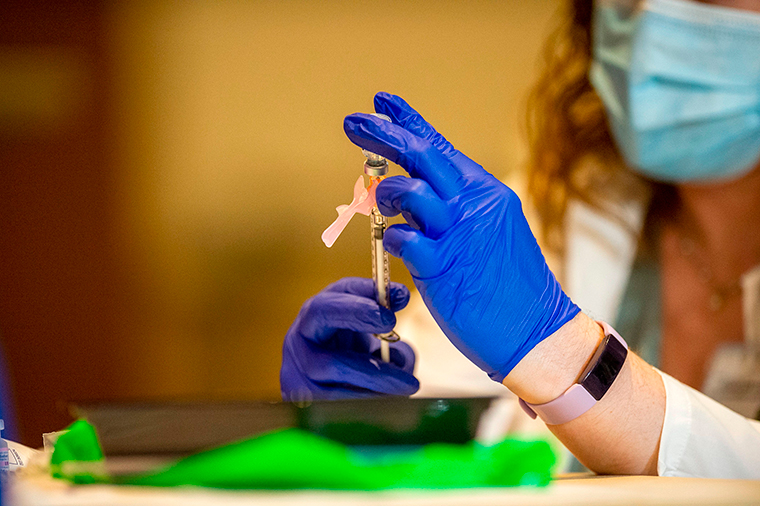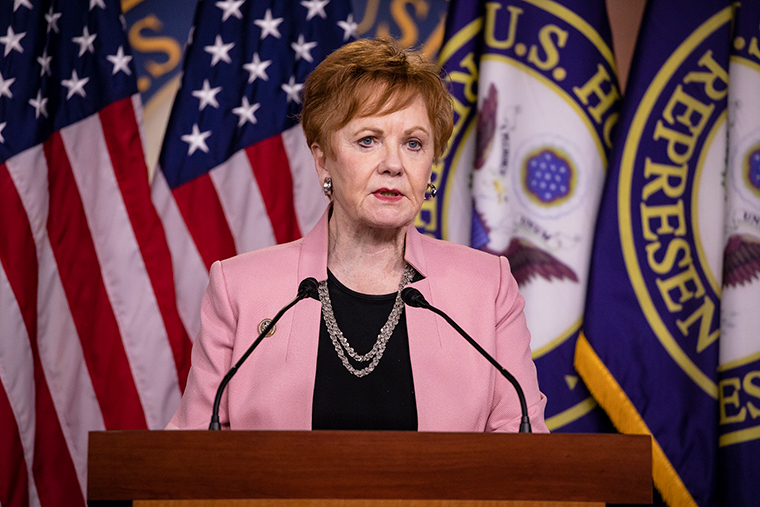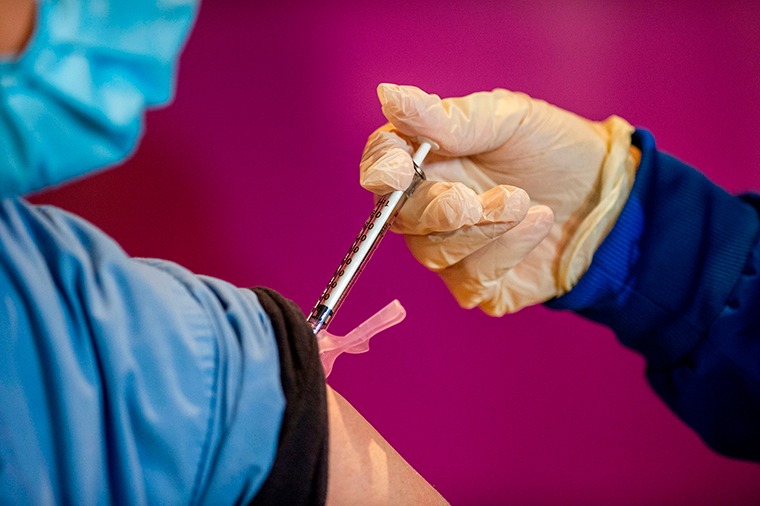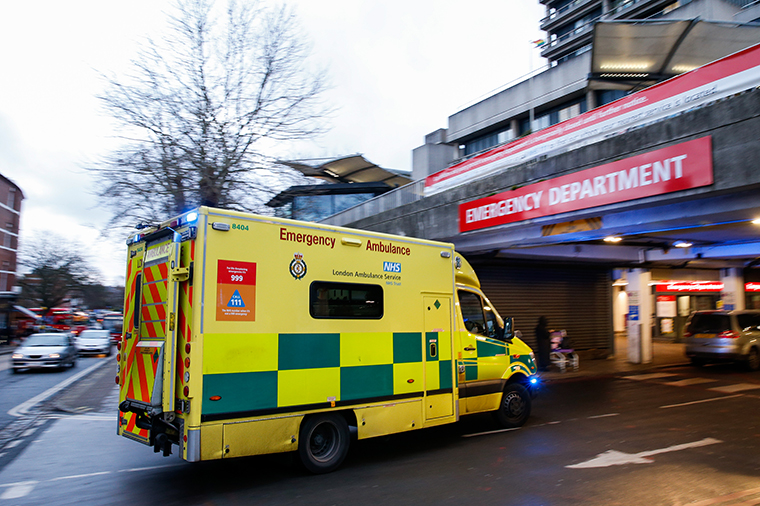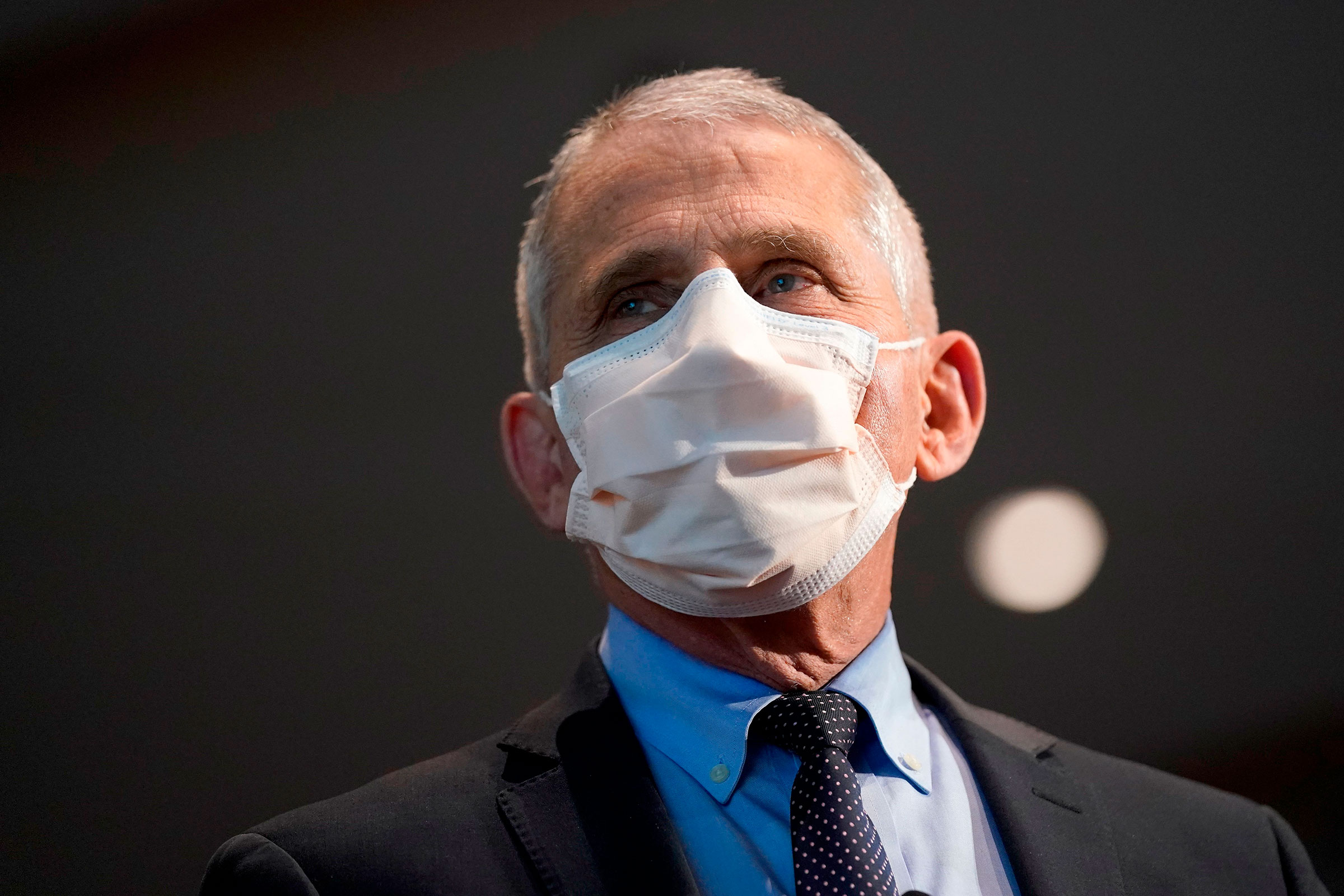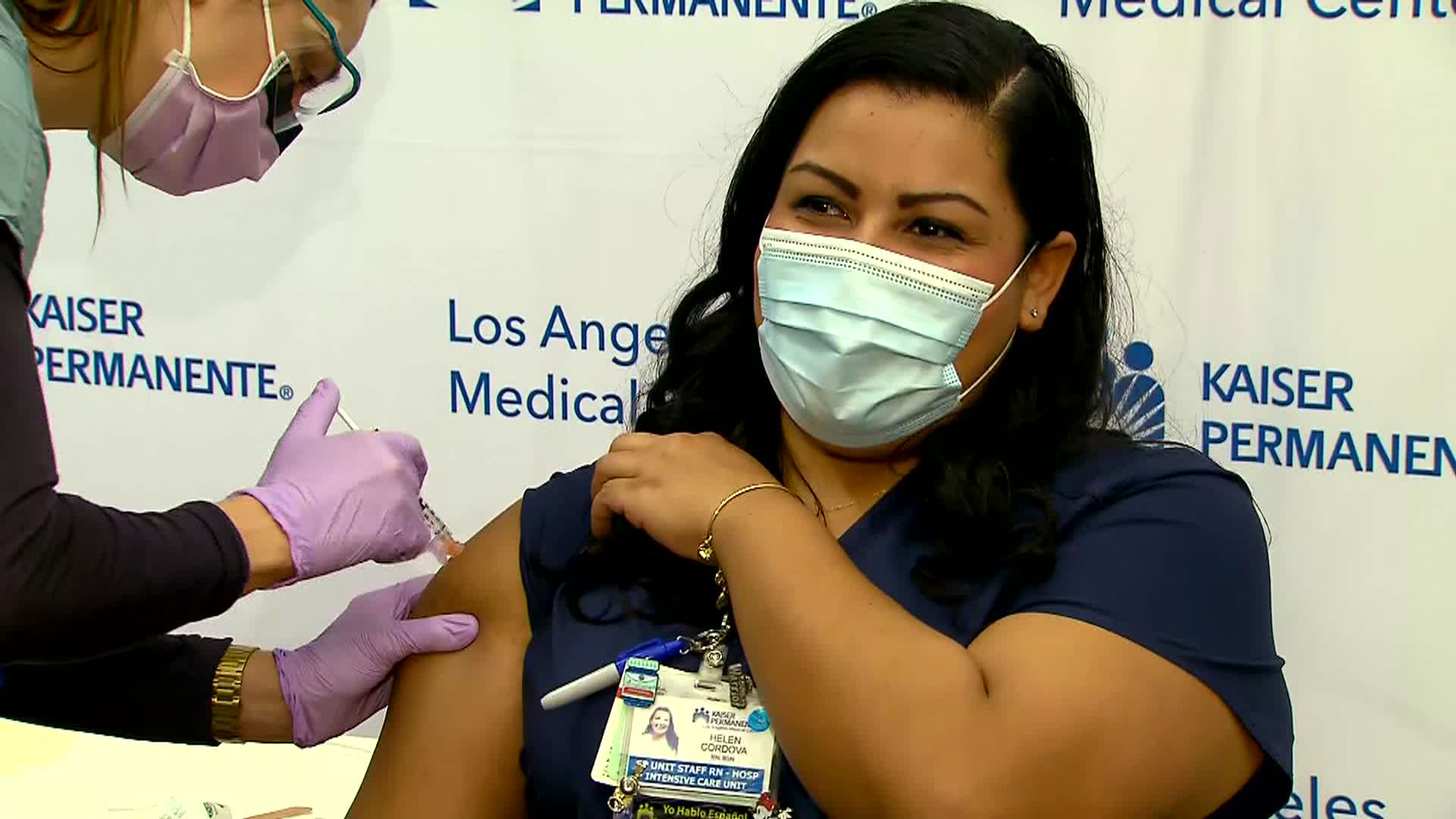Scientists in Britain said Monday they are increasingly concerned that that the pattern of mutations in a variant of the novel coronavirus first identified in South Africa may affect the protection offered by some vaccines.
While that variant shares the same N501Y mutation as another variant first identified in the United Kingdom, it also has two other mutations called E484K and K417N. They affect the spike protein – the part of the virus that attaches to the cells it infects.
Most of the coronavirus vaccines are also designed to train the body to recognize the spike protein, or parts of it, and the fears are that if it mutates too much, vaccines will no longer be as effective.
"These two additional mutations may interfere more with vaccine effectiveness in the South African variant," Dr. Julian Tang, honorary associate professor and virologist at the University of Leicester, said in a statement distributed by the UK-based Science Media Center on Monday.
"This does not mean that the existing COVID-19 vaccines will not work at all, just that the antibodies induced by the current vaccines may not bind and neutralize the South African variant as well as it would the other circulating viruses - including the UK variant," Tang said.
Lawrence Young, professor of molecular oncology at the University of Warwick, said in a separate statement on Monday that "the accumulation of more spike mutations in the South African variant are more of a concern and could lead to some escape from immune protection."
Meanwhile, scientists are working to better understand the new variant, its mutations and their significance. "Some of the changes are quite significant and thus scientists are paying a lot of attention. We do not yet know enough to say more than this," James Naismith, director of the Rosalind Franklin Institute, said in a statement on Monday.
Maria Van Kerkhove, the World Health Organization's technical lead for coronavirus response, told CNN Sunday that scientists are doing tests to assess the vaccine's efficacy against the variant first found in South Africa, which has 22 mutations.
